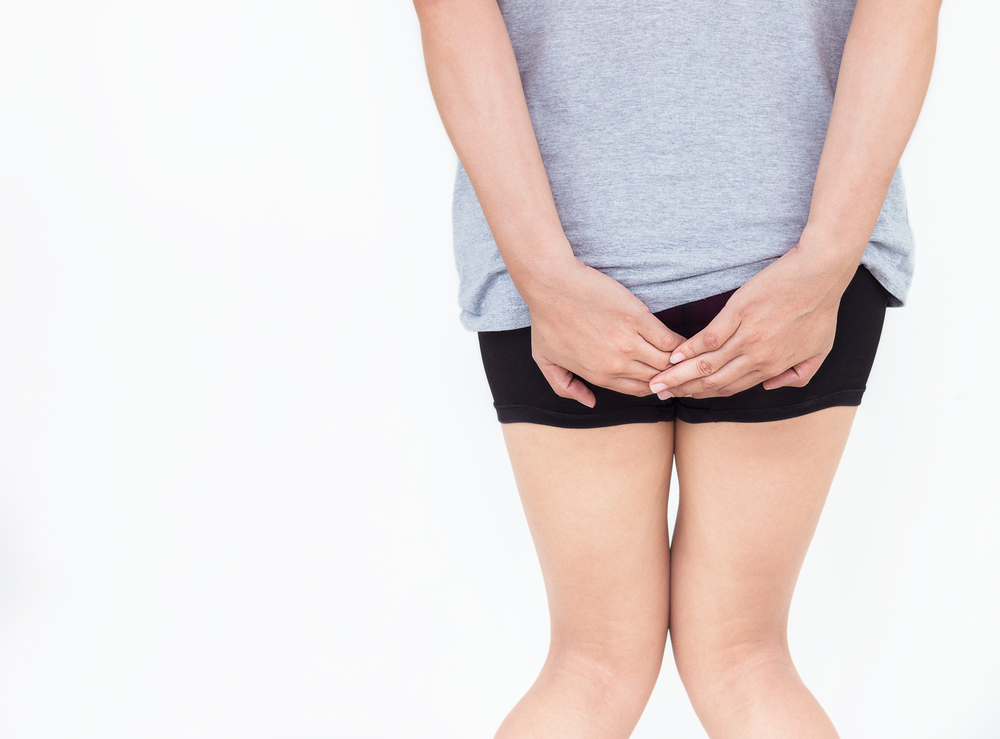Pinworms (Enterobius vermicularis) are tiny, threadlike, white roundworm that infects the intestines. They can cause itchiness around the anus and vagina.
Pinworms are highly contagious for you may directly expose yourself to these eggs by scratching the contaminated area and then putting your fingers in your mouth. Microscopic eggs can attach to many different surface including toys, bedding, clothing, towels, toilet seats, sandboxes, food, drinking glasses, and utensils. They can survive there for 2 to 3 weeks if the surfaces aren’t cleaned. They can also scattered into the air and inhaled.


